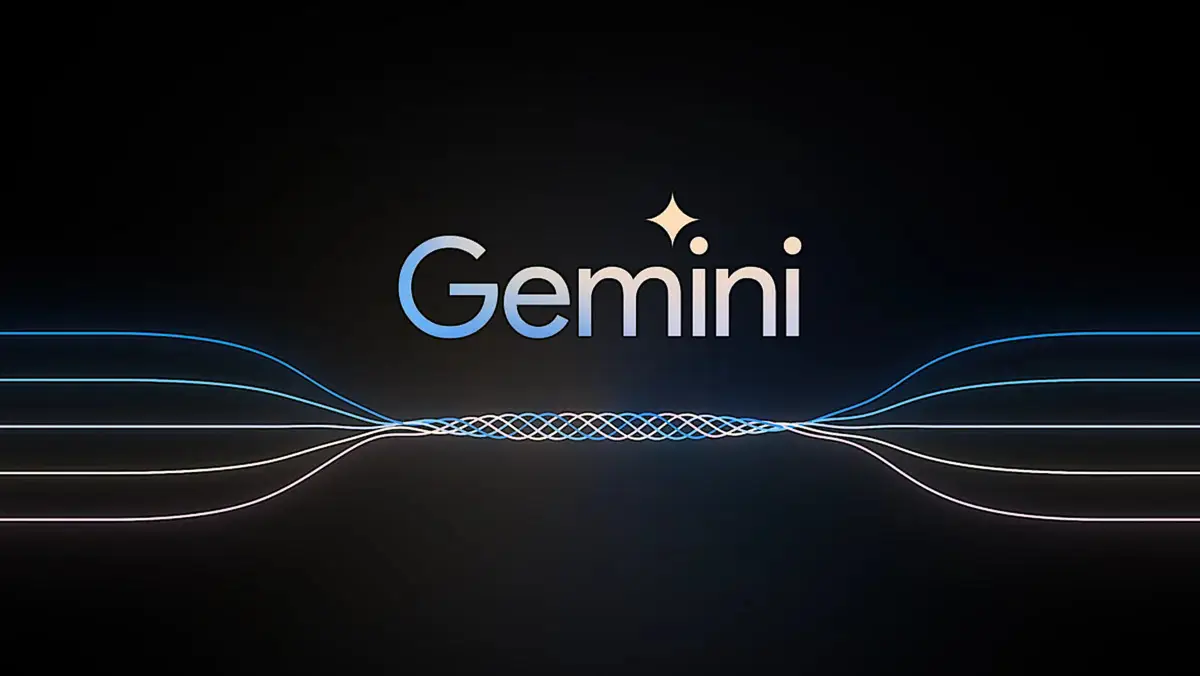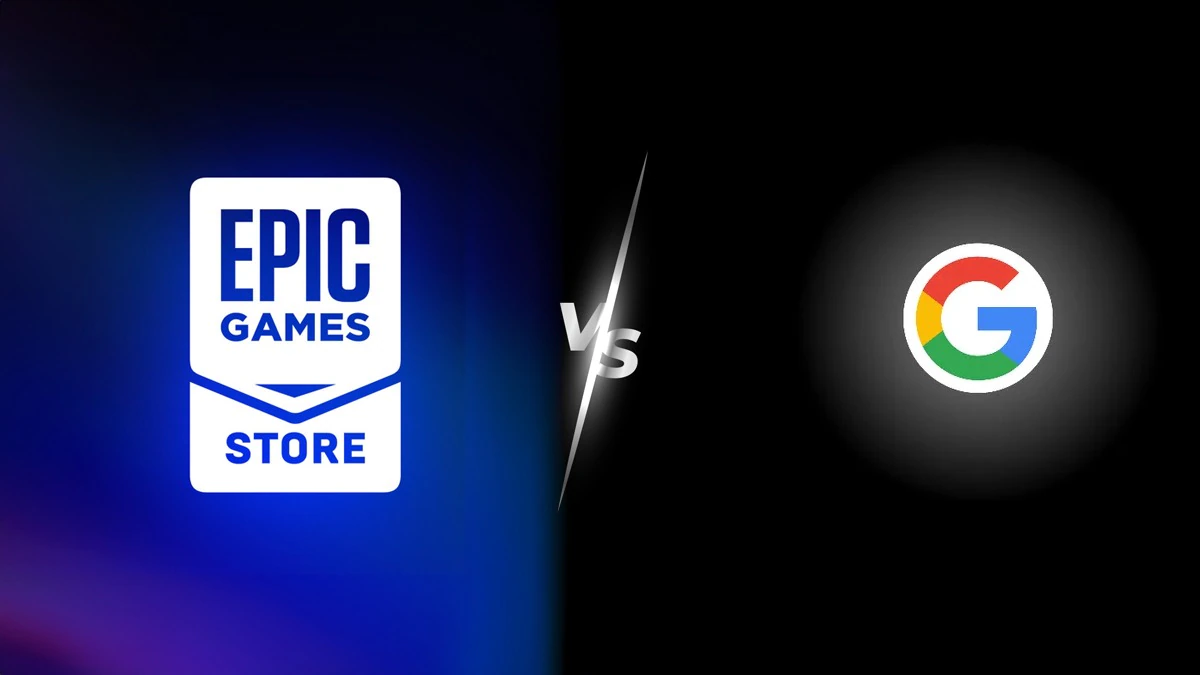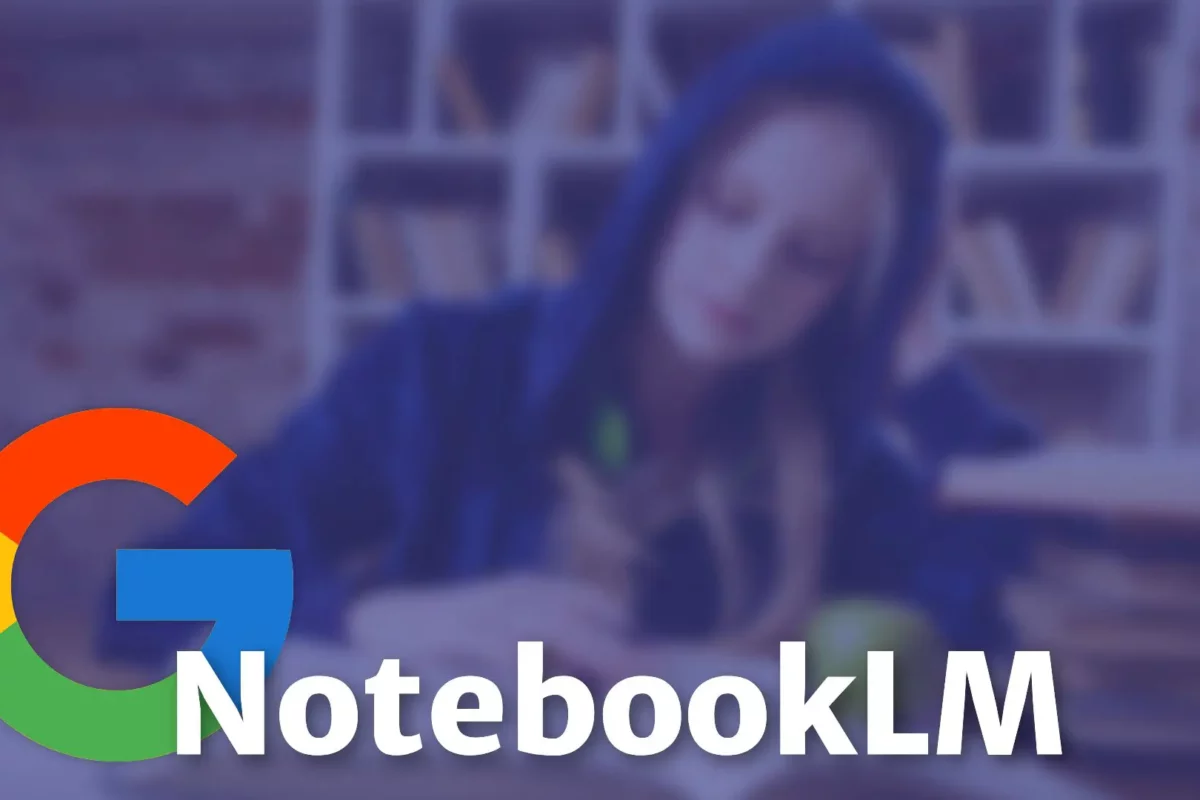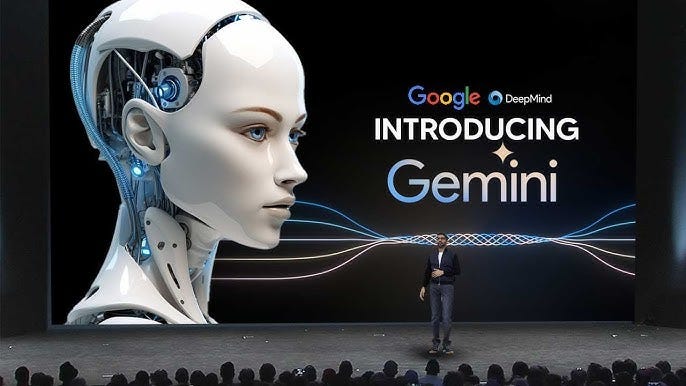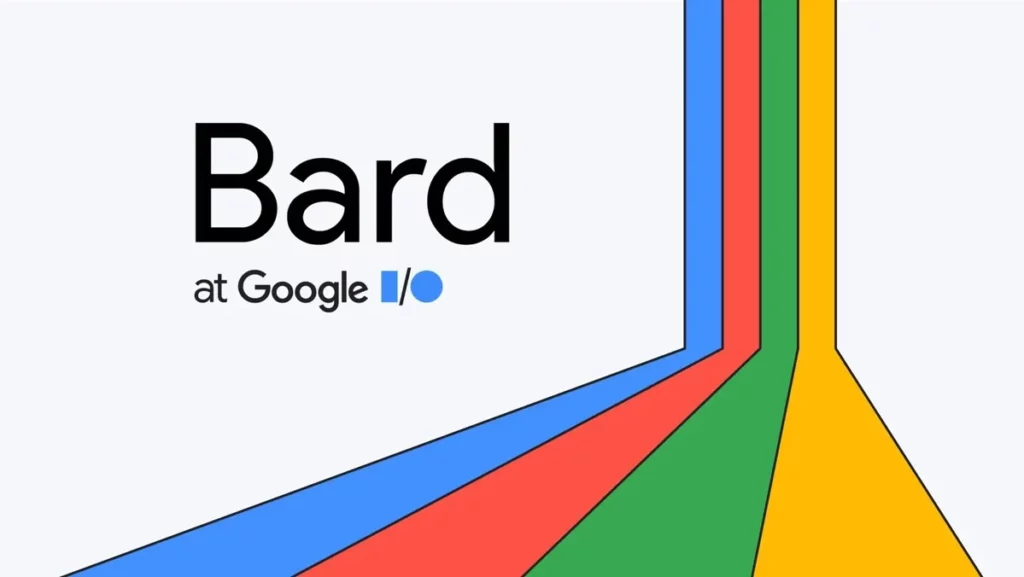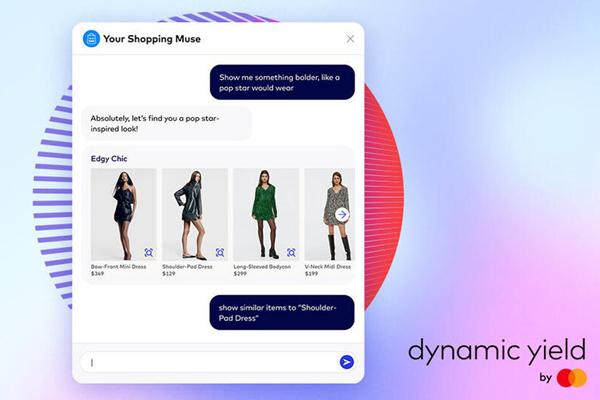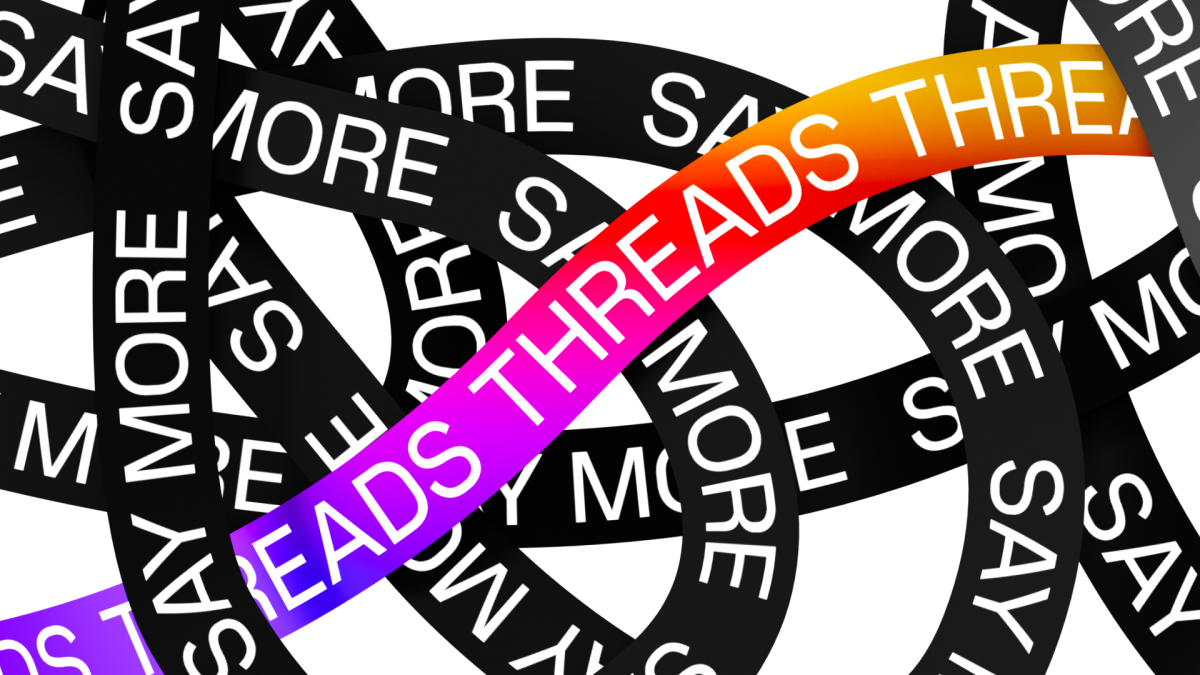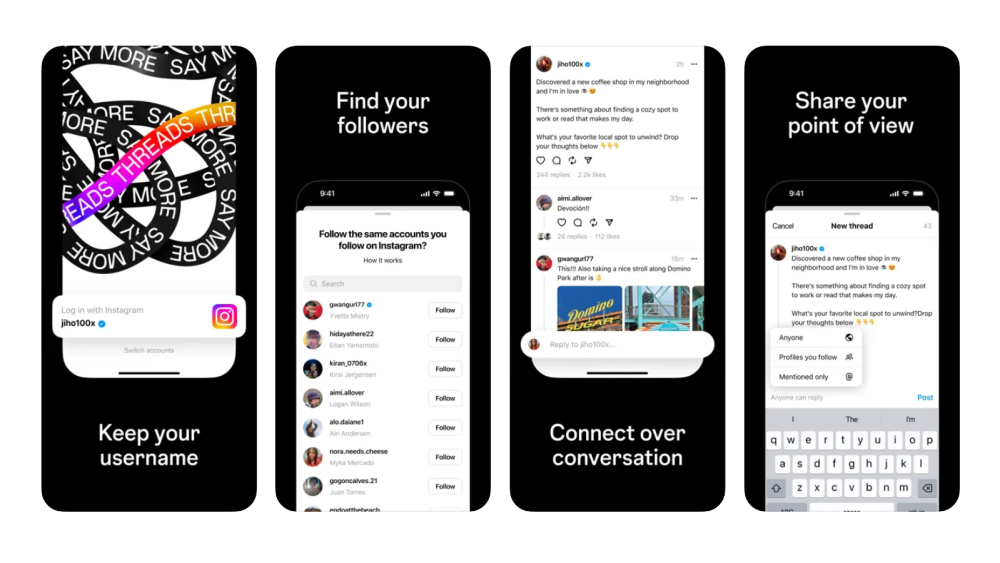Google has officially released Duet AI for Developers, a suite of AI-powered assistance tools designed for code completion and generation. The company has announced the general availability of the tool, revealing plans to incorporate Google’s robust Gemini model in the upcoming weeks.
While code completion and generation tools have become commonplace, Google stands out by collaborating with 25 companies. These partners, including Confluent, HashiCorp, and MongoDB, are contributing datasets to assist developers in building and troubleshooting applications specific to their platforms.
The collaborative effort extends beyond code completion, with partners such as Datadog, JetBrains, and Langchain providing documentation and knowledge sources. This data aims to enhance the Duet AI for Developers chat experience, offering information on creating test automation, resolving production issues, and addressing vulnerabilities.
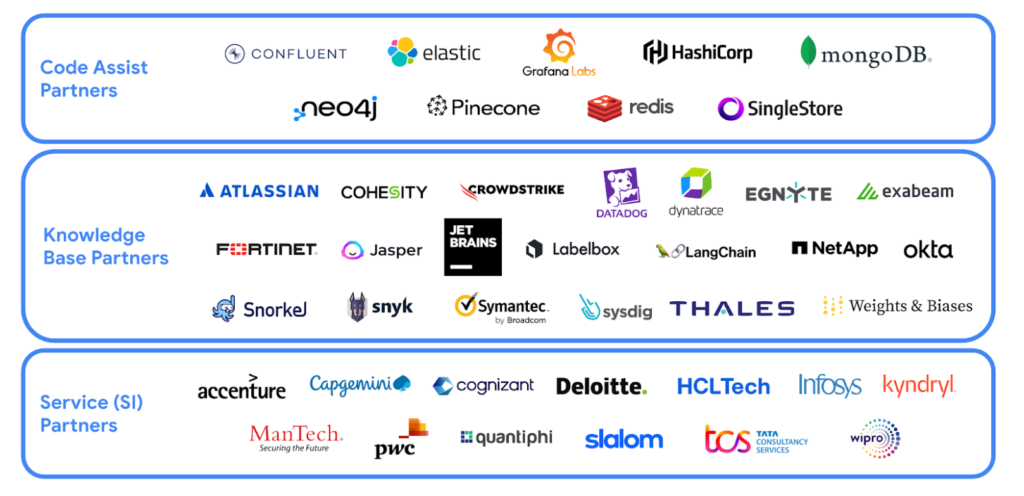
Richard Seroter, Chief Evangelist for Google Cloud, highlighted the ambition to eliminate developer toil and enhance the coding experience using AI. The goal is to create an AI assistant that integrates seamlessly into developers’ tools while incorporating Google’s expertise.
The integration involves training the model on the latest cloud-native practices and incorporating it into the Google Cloud Console, along with popular IDEs that developers commonly use. Seroter emphasized that Google views the Duet AI product family, including Duet AI in Security Operations, as enterprise-grade, with features such as enterprise access controls and Google’s indemnification guarantee.
Google’s approach aligns with the broader industry narrative, emphasizing that AI coding tools, including Duet AI, are complementary to developers’ skills rather than replacements. Productivity gains have been reported, with Turing, an AI-powered tech services company, experiencing a 33% increase after adopting Duet AI for Developers.
Duet AI for Developers currently supports over 20 languages, including C, C++, Java, JavaScript, and Python. Beyond coding capabilities, it features AI log summarization and error explanation integrated with Google’s Cloud Logging. Additionally, Smart Actions provide one-click shortcuts for tasks like unit test generation.
Until the end of January 2024, Duet AI for Developers will be available for free. Post that period, the subscription cost will be $19 per user per month with an annual commitment.

